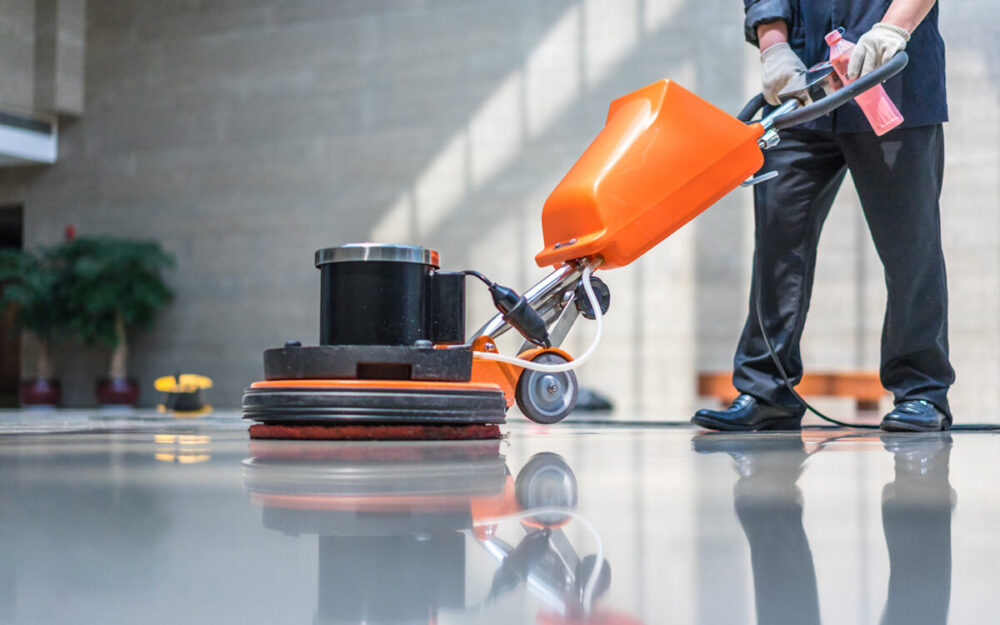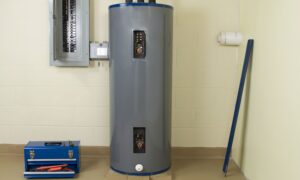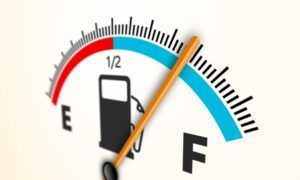Buying a home involves a lot of emotions ranging from excitement, nervousness, stress, and depending on the situation, sadness. It’s to get carried away with all these emotions and forget that with great things come great responsibility. A home is a great thing and there’s more to owning a house than having keys and having a property and space you can truly call your own.
So, what’s the great responsibility you have to take up as a homeowner? It’s maintenance. Your home may be shiny and appealing after you bought it or after some cleaning and decoration but it’s not going to magically remain that way. You’ll have to put in a lot of effort to keep your home in shape and this includes unexpected issues that will come up.
The major problem with maintaining a property is unexpected issues. You never know when the air conditioner or washer will start malfunctioning or when the roof will start leaking. Consider the fact that some repairs can be really expensive and you start to see the need to have a plan to deal with inevitable and sometimes expensive home repairs. Below, you’ll learn how to plan for home maintenance ahead of buying a home. Here we go.
Buy a Home Warranty

Source: nvar.com
Chances are you’ll be offered a home warranty as a way to cover expensive, unforeseen repairs when buying a home. And depending on how much you know about home warranties, you may consider it or not even give a thought about it.
For those not familiar with a home warranty, it’s a safety net against expensive and unforeseen repairs that may pop up. Whenever there’s an issue with any component covered by the warranty such as HVAC, furnace, dryer, and so on, you enjoy discounted repairs and replacements.
All home warranty service providers aren’t created equal and the choice of the service provider will determine whether buying a home warranty is worth it or not. And trustworthy service providers, affordable, offer clear and concise contracts, and customizable plans usually make the best home warranty for first-time buyers. After all, a complicated service contract can confuse first-time buyers and turn them away.
Setting Up An Emergency Fund

Source: finlocker.com
This can be seen as an alternative to buying a home warranty although many homeowners set up an emergency fund for unexpected repairs while still buying a home warranty. You can never be too prepared, right? So, how do you build up an emergency fund? Easy, start saving as soon as possible.
Every property has capital items which are expensive items that will depreciate and age over time and require expensive repair or replacement which can happen in the nearest future or long into the future. These items include the roof, electrical and plumbing systems, HVAC systems, sidings, and so on.
Yes, some of these capital items may be brand new or in top condition at the moment but to leave the financial planning of their eventual repairs or replacement to your future self is a mistake. The time to start planning and building a fund is now. Start by finding how much it would take to replace these components and start saving towards them.
Depending on how you can spare each month, saving a hundred dollars per month is a good place to start. If you can’t save up to that, save whatever amount you can spare for now and try to increase it as time goes by. So, when the time for repairs comes up, you won’t be caught completely off guard and will have some savings to provide some financial buffer.
Compare Two or More Facilities Management Companies’ Price

Source: bayut.com
First, it’s essential to discuss what is a Facilities Management company. A facilities management company provides repair and maintenance services for homes and offices. So, while you are about to close a deal for your new home, you must keep in touch with any facilities management companies to asses the estimated money you need to spend on its renovation. Such companies either charge per square foot or if the work isn’t major, a lumpsum amount can also be agreed upon.
You here must ask for quotations from two or more companies and compare the cost. The cheaper one may not be the best, and the one who’s has a good track record may not fit into your budget. So, it’s up to you to decide to analyze and decide which one is the best one for you.
Here a question may arise, why should one hire a facilities management company? The sim[plest answer is, your opportunity cost is much more than the time you would spend getting the work done under your supervision.
Now, once you have decided which company is better, finalize the deal without waiting to get the house keys. Because most homeowners waste a lot of their time at this stage. They wait to get possession by the time they get it, the facilities management companies are booked already.
Regular Maintenance Can Reduce Pricey Home Repairs

Source: pavelbuyshouses.com
Been Franklin in his book said “An ounce of prevention is worth a pound of cure,” a statement that holds true in many aspects of life. While you can’t totally avoid expensive home repairs, you can keep them to the barest minimum by doing regular maintenance.
Regular inspection is key to detecting small problems before they escalate and requires hundreds or even thousands of dollars to fix. Look out for damages in your chimney, pipes, water heater, and any sign of damage infestation. You will need a professional to inspect your roof and plumbing.
There are also other preventive measures you can take such as clearing gutters, changing HVAC filters, and exercising your circuit breaker every year by turning them off and switching them back on. Doing this helps prevent corrosion and increase their lifespan. You’ll also detect potential issues with the circuit breakers which can manifest as sparks or frayed wires.

















